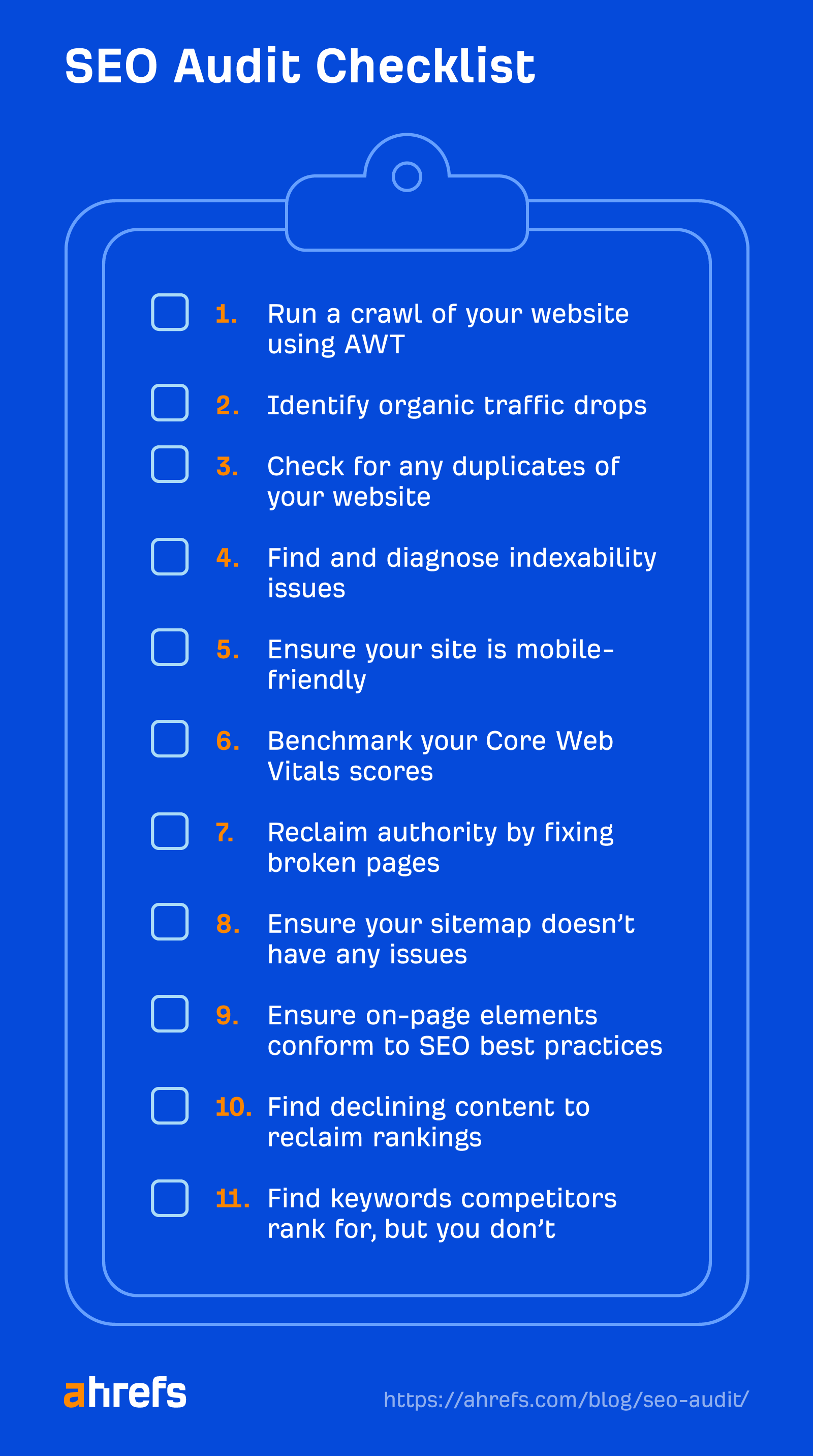Optimization Mastery: Linkdaddy's Techniques for Boosting SEO Performance
Wiki Article
SEO Vs. SEM: Recognizing the Secret Distinctions
SEO, which stands for Search Engine Optimization, focuses on improving a web site's presence and natural position on search engine results pages. On the other hand, SEM, or Search Engine Marketing, entails paid advertising and marketing to boost a website's exposure on search engines. Understanding the vital differences between Search engine optimization and SEM is essential for businesses looking to maximize their online visibility and drive traffic to their sites.
Interpretation of SEO
SEARCH ENGINE OPTIMIZATION, or Seo, describes the method of optimizing sites to boost their visibility and rankings on internet search engine results web pages (SERPs) It includes different methods and strategies targeted at increasing natural, or non-paid, website traffic to a site. The ultimate objective of SEO is to enhance a web site's on-line presence and draw in more targeted site visitors.One of the crucial elements of SEO is keyword optimization (https://www.pinterest.com/pin/738379301436038802/). This entails conducting complete study to recognize relevant keywords that users are most likely to search for when trying to find info or items related to a specific website. By integrating these keyword phrases purposefully right into the internet site's web content, meta tags, and URLs, search engine optimization intends to boost the website's importance and ranking for those particular search terms
Another important factor in search engine optimization is on-page optimization. This entails optimizing numerous aspects on an internet site, such as title tags, headings, pictures, and interior web links, to make them more search engine-friendly (seo marketing). By making sure that these components are effectively structured and appropriate to the web site's material, search engine optimization aids internet search engine recognize the context and significance of the site
Additionally, SEO also includes off-page optimization methods, such as web link building. This includes getting premium back links from other respectable internet sites, which shows to online search engine that the site is reliable and trustworthy. By constructing a strong network of backlinks, SEO improves a site's credibility and improves its possibilities of rating greater in search engine result.
Definition of SEM
SEM, or Online Search Engine Advertising And Marketing, is a marketing strategy that involves promoting sites and boosting their visibility with paid advertising and marketing on internet search engine results web pages (SERPs) Unlike SEO, which concentrates on enhancing sites to improve organic search rankings, SEM uses paid marketing to drive traffic to a site.One of the vital components of SEM is pay-per-click (PPC) advertising. When a customer searches for those key phrases, the ads show up at the top or side of the search results.

Show advertisements are banners or aesthetic advertisements that show up on websites within the Google Display Network. Remarketing advertisements target customers that have previously gone to a web site, serving them advertisements as they search various other sites.
Purposes of SEO and SEM
The goals of both seo (SEO) and search engine marketing (SEM) focus on raising a site's visibility and driving targeted traffic. Nonetheless, the strategies and techniques employed by each differ dramatically.The primary objective of SEO is to boost a site's organic search position on online search engine results web pages (SERPs) This is accomplished by optimizing various components on the site, such as content, meta tags, and website framework, to make it a lot more attractive and relevant to internet search engine. By doing so, search engine optimization aims to bring in even more organic web traffic from individuals proactively searching for related search phrases or topics.
On the various other hand, SEM concentrates on enhancing a site's visibility with paid marketing on search engines. The primary goal of SEM is to drive targeted traffic to an internet site by bidding on key words and displaying ads in search engine results. This strategy allows organizations to reach a broader target market promptly and properly.

Secret Elements of SEO
To efficiently carry out search engine optimization, it is important to recognize the essential components that contribute to boosting a website's organic search ranking. These parts can be broadly categorized right into off-page variables and on-page aspects.On-page aspects refer to the components that are directly existing on a website and can be enhanced for much better search engine visibility. This consists of the site's content, keyword phrase usage, meta tags, link framework, web page titles, and headings. By maximizing these elements, search engines can much better comprehend the importance and context of Continued the site's content, causing greater rankings.
Off-page elements, on the other hand, emphasis on exterior signals that influence a web site's authority and reputation. This includes back links from other credible web sites, social media sites signals, and online states (https://tech.frontalreport.com/news/linkdaddy-announces-agency-backlink-local-business-directory-listings-service/458323). The even more relevant and high-quality back links a site has, the far better its possibilities of rating greater in search engine results web pages
In addition, customer experience is a vital element of SEO. seo optimization. Online search engine prioritize internet sites that provide a favorable individual experience, including fast packing times, mobile-friendliness, and very easy navigating
Trick Elements of SEM
As opposed to search engine optimization, SEM encompasses a distinct collection of crucial parts that focus on paid advertising and marketing and driving prompt exposure in search engine outcomes. These elements consist of internet search engine advertising, also recognized as pay-per-click (PAY PER CLICK) advertising and marketing, keyword research, ad creation, and campaign administration.Internet search engine marketing is an essential element of SEM. It involves bidding on key words appropriate to your company and producing message or display screen ads that will show up in internet search engine results when those key words are looked. With search engine advertising, you can target certain demographics, areas, and even time of day to reach your wanted target market.
Keyword study is another crucial component of SEM. It entails determining the keyword phrases that your target market is making use of to search for solutions or items similar to your own. By conducting detailed keyword study, you can optimize your ads and ensure they are revealed to the right people at the correct time.
Advertisement development is the process of creating compelling and convincing ads that will lure individuals to click on them. Well-crafted advertisements have a strong call-to-action, pertinent messaging, and a clear worth proposal.
Lastly, campaign monitoring involves tracking and optimizing your SEM projects to ensure they are executing successfully. This consists of tracking metrics such as click-through rates, conversion rates, and return on investment (ROI) to make data-driven choices and achieve the most effective outcomes.
Conclusion
SEO concentrates on maximizing web sites to boost organic search rankings, while SEM entails paid advertising to increase presence on search engine results web pages. Understanding the differences in between Search engine optimization and SEM is essential for businesses to establish a detailed online advertising method.SEO, which stands for Look Engine Optimization, focuses on improving a web site's visibility and natural position on search engine results web pages. On the other hand, SEM, or Browse Engine Advertising, involves paid advertising and marketing to enhance a web site's exposure on search engines (google seo).SEARCH ENGINE OPTIMIZATION, or Look Engine Optimization, refers to the practice of enhancing sites to boost their presence and rankings on search engine results pages (SERPs)The major objective of Search engine optimization is to improve a website's organic search ranking on search engine results web pages (SERPs) SEO focuses on enhancing internet sites to improve natural search rankings, while SEM involves paid advertising and marketing to boost presence on search engine results pages
Report this wiki page